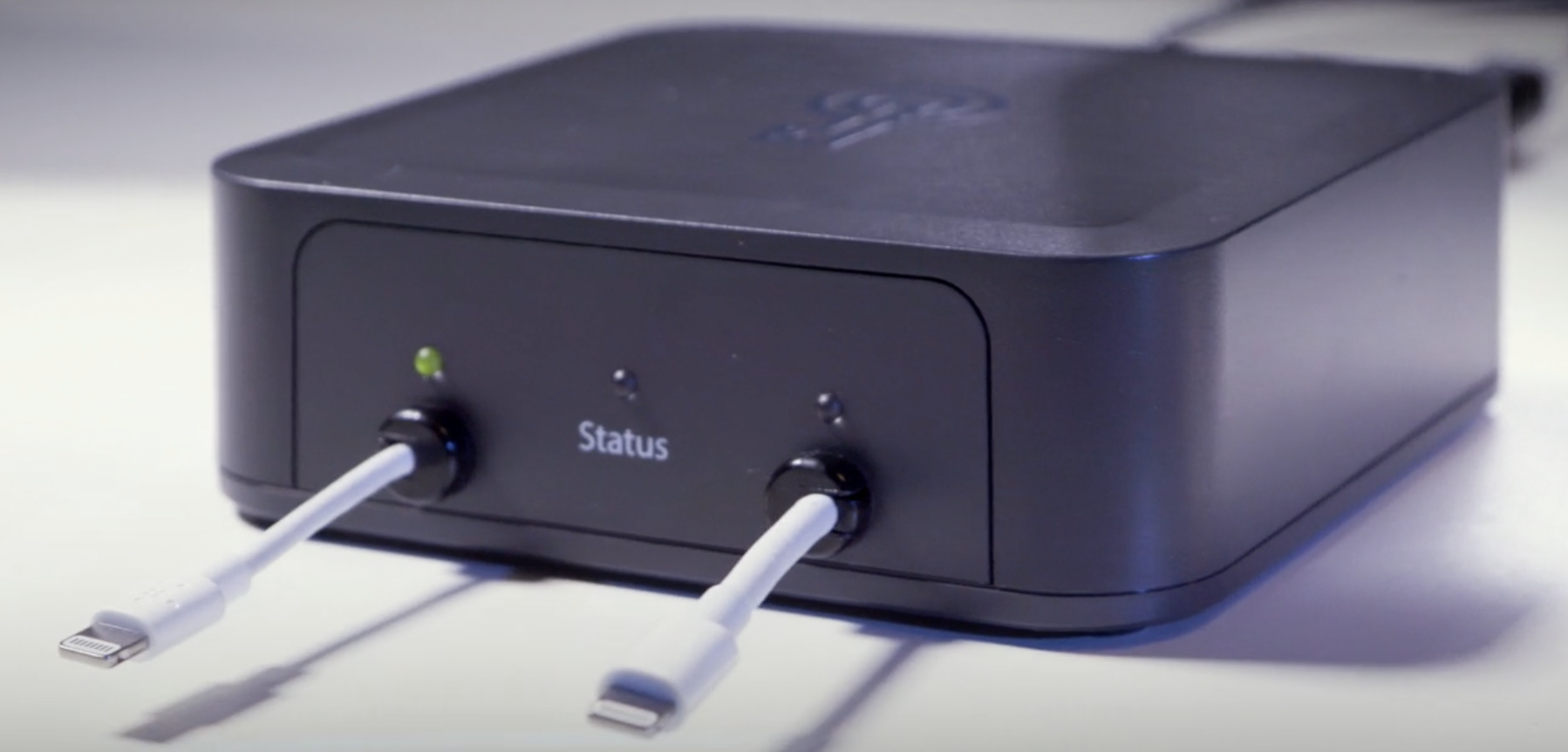THE IMPORTANCE OF COLLECTING MOBILE DATA IN CIVIL LITIGATION CASES
The blurring of the professional and personal lives of individuals has been accentuated in recent times with the reliance that is placed on mobile phones. It is infinitely harder for people to ‘switch off’ and leave work in the workplace, as the basic function of a mobile device is to enhance mobility. Indeed, with companies rolling out Bring Your Own Device (BYOD) policies, employees are even more empowered and encouraged to work flexibly and remotely, without the absolute or definitive working hours they may have once had. Civil litigation is fertile ground when it comes to mobile devices. Data was essentially replications of emails, stored on a server, but now (and because of the vast capabilities and intelligence of the modern-day handset) civil litigators can expect to find a treasure trove of information on a mobile device.
Indeed, mobile devices have arguably surpassed static computers with regards to the insight that litigators can expect to obtain as users have a deeper trust when it comes to their mobiles, so are therefore more likely to store and share richer information, from a litigation perspective. Litigators should look at mobile data as a piece of a bigger puzzle. With mobile penetration having surpassed 100 per cent in many regions of the world, it is a source of evidence and data that shouldn’t be overlooked. Given that mobile data can be preserved and is admissible in a court of law, the findings should be reviewed alongside traditional evidential data. There is no denying that mobile data has emerged as a key source of Electronically Stored Information (ESI). Contacts, chat messages, emails, SMS, location data (GPS), app usage and images lend additional context to the flow of information throughout an organisation.
Analysing mobile data allows litigators to learn how many calls were made, as well as correspondence between multiple parties. Being able to access this kind of information can contribute to developing a compelling argument. In the case, ‘Whitmar Publications Ltd vs. Gammage (2013)’, the defendants, who were employees of Whitmar Publications Ltd, broke off from the company to set up a rival business. Whitmar Publications Ltd then filed for an injunction to restrain the defendants from using its confidential information, but the contact details that the defendants possessed were contained on one of the defendant’s LinkedIn profiles. The court then ordered the defendant to give up their login details, so they could review the evidence. The point here is twofold. One, given the ubiquity of social media usage on mobile devices, it is clear that an increasing amount of data and applications will therefore be found on mobile devices, and two that the process of eDiscovery was complicated by the firm not having in place the right policies to ensure that this data could be easily retrieved. The court had to verbally order the defendant to give up their LinkedIn login details, rather than use technology to examine the evidence, which would have been far less time-consuming. But there is a problem here when it comes to the privacy of the mobile user in question.
Unless companies have definitive policies in place, whereby they have agreed with employees prior to employment, to allow them to examine their mobile data in situations such as the aforementioned then the investigative process becomes very difficult. Civil litigators need to be made aware of what is now possible in the realms of mobile data analysis in the process of eDiscovery, but also the pitfalls. It is true that the circumstances of a case will always determine what is acceptable when it comes to ESI examination, and a proportionately measured approach should be deployed by civil litigators when investigating their case to ensure that the correct amount of time is spent examining the evidence versus the predicted or perceived outcome that this evidence is likely to result in. Civil litigators should be mindful of the fact that ESI examination can take time and resource, and there is clearly a sensitivity issue when it comes to examining data from mobile phones, but the technology is there to examine ESI and it should be utilised by litigators. eDiscovery is changing in that mobile devices now play a big part in the investigative process, and there is now technology available to conduct such investigations, providing litigators are aware and educated in the processes associated with mobile eDiscovery. Litigators and companies alike should be evolving their processes and policies to reflect the new scope of mobile data analysis and its value to civil litigation cases. Existing technology and data collection tools have reached a point where their effectiveness and ease-of-use are essential in obtaining mobile ESI and the data obtained is increasingly being used in civil cases. Civil litigators who do not consider collecting mobile ESI risk missing crucial information.
A great article we wanted to pass on for the civil litigation side of Cellular forensics.
#cellphoneforensics, #cellularforensics




